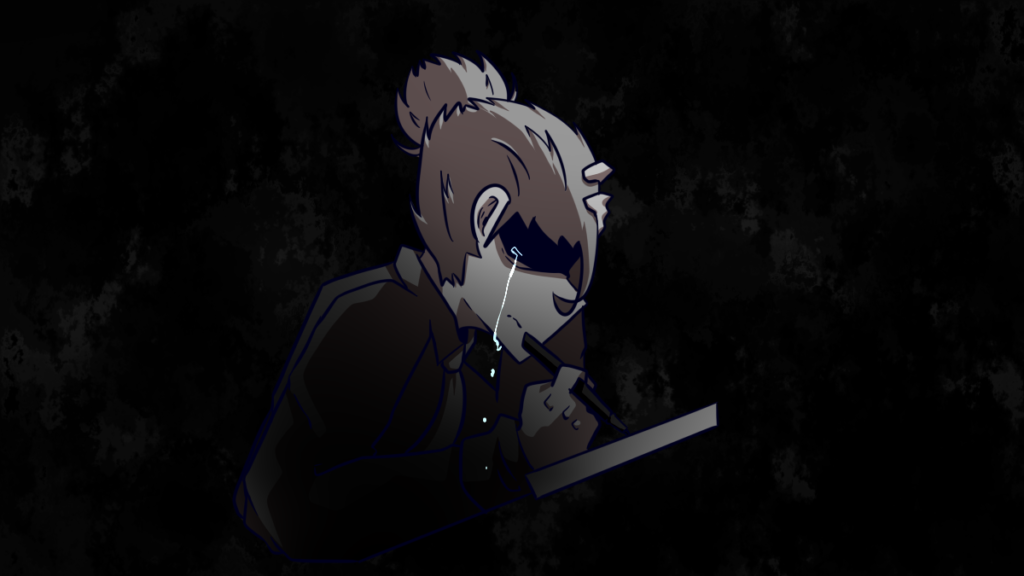Mental health is a serious issue, especially when young children are suffering from it. Nowadays, children need a great support system at school, as well as at home and need reassurance. Staff members, and parents or caregivers have to be aware of what’s going on with young ones. And it would be extremely important, if the schools taught students about mental health. So, they can have the knowledge and understanding of what they are going through, or if someone else is.

What Affects Children’s Mental Health At School?
Most children go through different things in daily life. Sometimes, it is difficult for children to open up to someone in general, or at school about what’s bothering them. They tend to hide their emotions and keep it to themselves. It takes time for them to come out clean about a issue. However, if a teacher sense there’s something wrong with a certain child, they should approach them.
There are different reasons that have an impact on a child. Such as, exam stress, bullying and cyber-bullying, thoughts about future plans, influenced by someone, relationships or belonging to a group, and school suspension.
Vulnerable Young Children
Some children may have traumatic experiences that affects their mental health. It may cause them to have anxiety, depression, changes of behaviour, eating disorder, obsessive-compulsive disorder, lack of focus, and may feel overactive. They also might be in a phase of self-harming and feeling trauma.
Staff members need to take action on what’s going on in school. There may be children picked on by others because of their race, disability, gender, or body image. Whether, it’s happening at school or online. They might also be peer pressured by others with supplies of drugs and alcohol. It is important for the school to look out for children with additional needs and for those who have autism. As for every individual human beings, they need support and help to manage the situation.
Issues At Home
Situations at home may also have an impact on a child, as there’s changes of behaviour, quietness, or they might feel lonely. Because of this negative impact, it’s extremely difficult for children to focus in class, and to cope with the issue alone. Children need to be reassured that they are not alone and everything will be fixed with extra support and guidance.
There are some issues that may have an affect on a child’s mental health. Like, child abuse, neglect, negative environment, parent’s mental health issues, substance misuse, and coping with poverty and unemployment.
Support For Children
If you have ongoing issues at school or home, you need to talk to someone. Teachers, parents or caregivers are there to support and help you with situations that have a negative impact on you. You are not alone. There are others around who can help you handle a issue.
You can contact your GP or mental health specialist who can help you with your needs. They will provide all the support and guidance for you. And, may tell you what you could do about it. They may also provide medication, if needed.
You can also contact a social worker or counsellor to talk about situations at home and for support.
If you’re having suicidal thoughts or attempting suicide, call for an ambulance or ask for the nearest A&E.